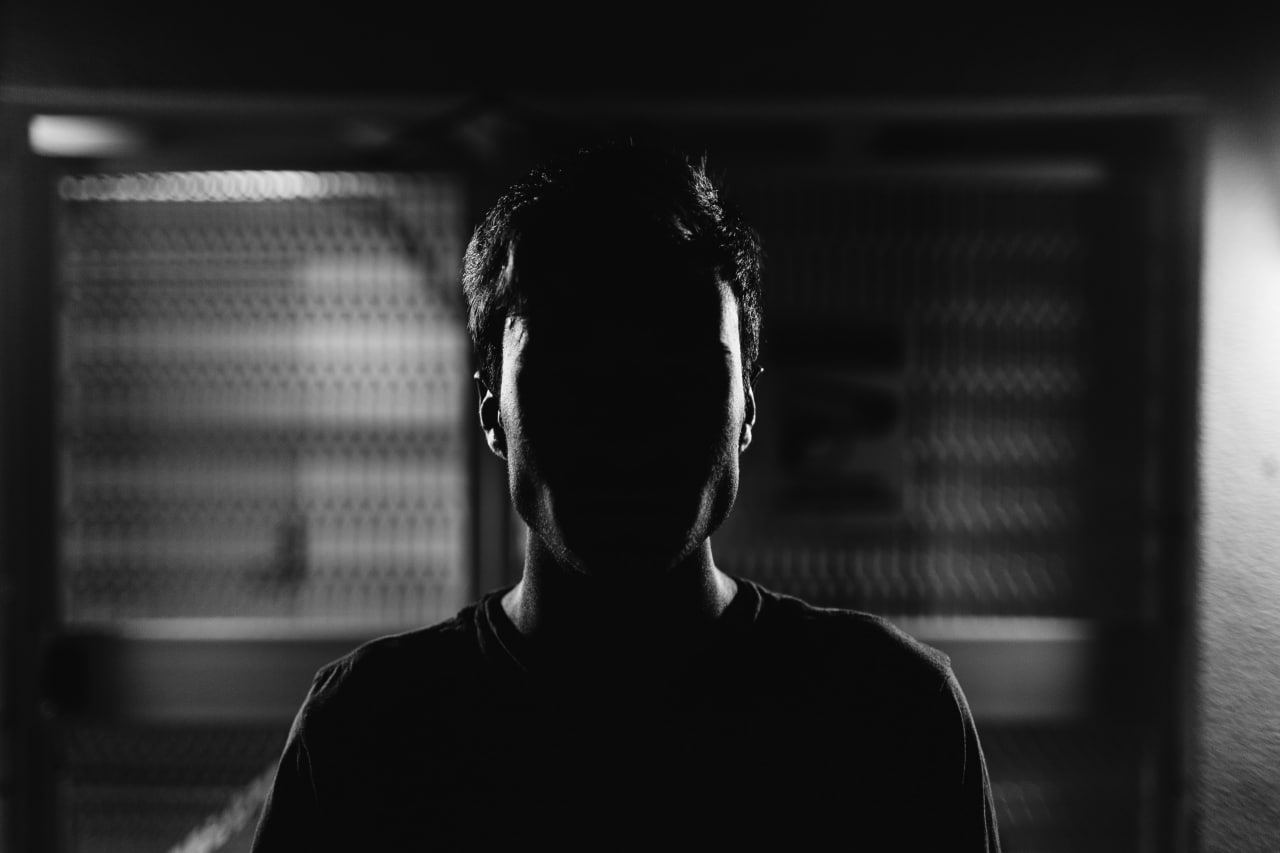Knives Out: Matovic’s Latest Gambit Underlines Slovakia’s Weaponization of Anti-Corruption Efforts
23.02.2023

Slovakia ended 2022 in bitter in-fighting and political paralysis–the government fell to a no-confidence vote in early December and the 2023 budget barely passed parliament just before Christmas–and this year is already proving no less chaotic.
Explosive accusations were made public earlier this month, with ousted former PM Matovič and his remaining allies claiming to have come into possession of proof which would incriminate former coalition partner and SaS party leader Richard Sulík in corruption. The allegations, which SaS is considering legally challenging as slander, come following a long line of questionable prosecutions and lends weight to allegations that the Slovak government is politicising its anti-corruption campaign and exploiting its judiciary to go after political opponents.
Allegations of corruption or financial impropriety are certainly not uncommon in Slovak politics. In fact, Matovič rose to power by riding a wave of public indignation from citizens frustrated by widespread corruption, winning enough votes in the 2020 parliamentary elections to allow his party, OL’aNO, to head up a four-party coalition government. In line with OL’aNO’s own platform, the coalition parties were mostly made up of populist and anti-establishment groups, including SaS, a libertarian and socially liberal party which is closer in ideology to the Austrian School than to the increasingly conservative OL’aNO.
The obvious “odd wheel” of the populist four-party coalition, SaS left government not once, but twice since the elections. They first did so in March of 2021 as part of a successful bid to oust Matovič from office after his ill-advised move to buy Sputnik V vaccines and reform the coalition under a different prime minister. The second departure took place in September of 2022, with SaS once again citing Matovič’s role in the government–after being ousted as PM, he remained in government as the finance minister– as the principal reason for their withdrawal. This loss of a parliamentary majority led to an unavoidable vote of no confidence later in 2022, which ousted the government and set up the country for a snap election later in 2023. This only increased the bitterness between the two leaders and lowered the level of discourse all around.
The timing of Matovic’s allegations against Sulik is certainly suspicious, coming shortly after Sulik led the no-confidence vote and around the same time as the announcement that snap elections, which are sure to be bitterly fought, are slated for September 30. Matovič’s refusal to elaborate on the nature of the accusations raised further eyebrows, with the man himself claiming to possess irrefutable proof of Sulík’s wrongdoings, but vouching to only release more information during the electoral campaign.
This latest in a long line of Matovic’s questionable gambits gives credence to the longstanding concerns regarding the politicisation of the Slovak anti-corruption effort. Under pressure from both European institutions and its own citizens, Slovakia has implemented a number of important anti-graft measures in recent years. While garnering praise from international organisations like OECD, public dissatisfaction has continued, with little respite during the purportedly anti-corruption government of OL’aNO.
Even worse, now the same instruments put in place to pursue corruption are seemingly being fashioned into political weapons and brandished against opponents of the ruling coalition. Despite losing the vote of no confidence, the OL’aNO coalition seems set to remain in office until the autumn elections, with Matovič’s hand-picked successor Eduard Heger as PM, and the party appears bent on using its remaining time in power to carve a better position for itself before the September vote. Things will only get worse as hints of desperation begin to creep in. Once credited with almost a third of all voting intention, OL’aNO has now slumped to just 7% in the polls after three years of its shambolic government, with 88% of Slovaks interviewed professing to distrust Matovič and two-thirds of citizens identifying him as the politician who most politicises Slovakia.
Strategies alleged to be used by the lame duck government in a desperate bid to regain its popularity with the electorate include accusations of corruption against opponents, Joe McCarthy-style antics involving lists of ostensible “enemies of the state”, apocalyptic warnings which herald the end of Slovak democracy should OL’aNO fail to be reelected and a propensity to use loyal prosecutors and witness intimidation tactics to pursue legal cases against challengers.
From the appointment of Daniel Lipsic as special prosecutor despite his lack of prosecutorial experience, prior manslaughter conviction, and close ties to OL’aNO; to the spate of mysterious deaths in police custody; to the allegations from whistleblowers that Slovak investigators are blackmailing and psychologically tormenting detainees on top of fabricating evidence–the Slovak judiciary has become littered with red flags over the course of the three years since OL’aNO came to power.
Subverting the rule of law in order to go after opponents is not a tactic unique to the OL’aNO government, nor is it particular to Slovakia. The efforts made in this regard by Matovič and his allies are no doubt partially fueled by fears of ending up on the wrong end of similar cases as soon as they find themselves out of power. Regardless, such manoeuvering serves only to weaken the rule of law in Slovakia, delegitimize the fight against corruption and create a toxic political environment. As the September elections draw closer, it is likely that Slovakia will see an increase in such dirty tactics. Only time will tell how effective or destructive they will prove to be.